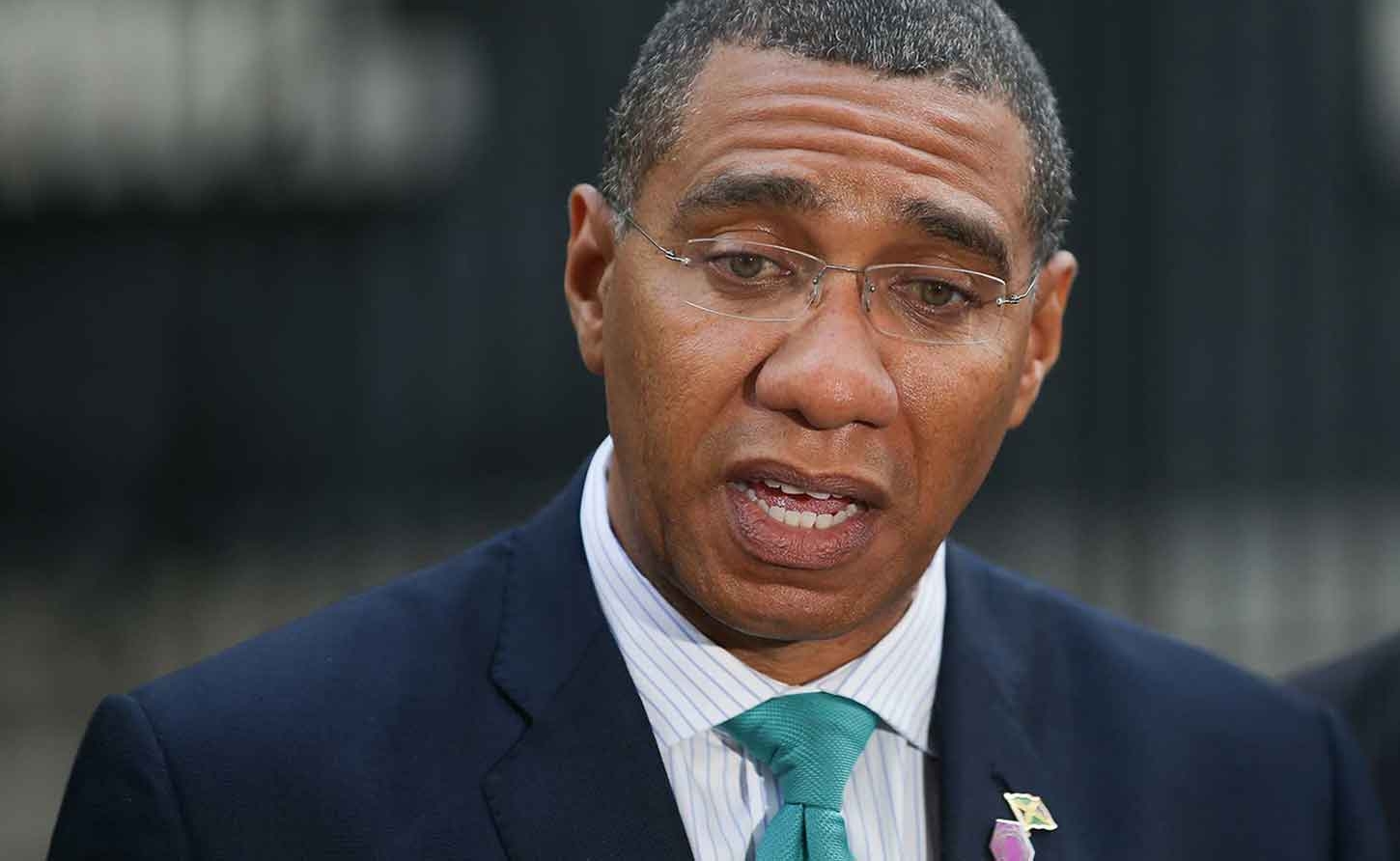JAMAICA | Holness vs. Integrity Commission: When Anti-Corruption Meets Political Power

Supreme Court's mixed ruling exposes the high-stakes battle between Jamaica's most powerful politician and its anti-corruption watchdog
KINGSTON, JAMAICA,- August 2, 2025 - The halls of Jamaica's Supreme Court witnessed a constitutional clash this week that cuts to the very heart of democratic accountability.
Prime Minister Andrew Holness, the nation's most powerful political figure, faced off against the Integrity Commission in a legal battle that has already delayed justice and raised uncomfortable questions about who really controls Jamaica's anti-corruption machinery.
Justice Althea Jarrett's Thursday ruling delivered a Solomon-like verdict that satisfied no one completely—a telling symptom of a system straining under the weight of investigating its own leadership.
While Holness celebrated partial victories, including forcing the commission to disclose investigative documents, his failure to strike "scandalous" portions from a damning affidavit suggests the evidence against him may be more robust than his legal team anticipated.
The $470 Million Question
At the center of this legal maelstrom lies a staggering figure: $470 million in transactions flowing through companies linked to Jamaica's Prime Minister.
Director of Investigations Kevon Stephenson didn't stumble upon these discrepancies by accident—they emerged from Holness' own 2021 statutory declarations, documents that every public official must file under oath to demonstrate they're not enriching themselves through corrupt means.
The scale of the alleged discrepancies should alarm any citizen concerned about corruption in high places. We're not talking about minor accounting errors or forgotten bank accounts.
Stephenson identified unexplained wealth accumulation, potential tax compliance issues, and transaction patterns that demand explanation from the man who holds the highest executive office in the land.
Yet rather than providing those explanations through the established investigative process, Holness chose the nuclear option: a sweeping judicial review that effectively weaponizes the courts to halt an anti-corruption investigation.
The September 2024 filing represents more than legal defense—it's a strategic assault on institutional independence.
The Anatomy of Institutional Capture
Thursday's ruling reveals the sophisticated legal machinery deployed to frustrate anti-corruption efforts. Holness didn't simply deny wrongdoing; his legal team mounted a multi-pronged attack designed to discredit investigators, suppress evidence, and delay proceedings indefinitely.
The application to strike Craig Beresford's 108-page affidavit as "scandalous, frivolous, and vexatious" represents a particularly cynical strategy. Beresford, the commission's Director of Information and Complaints, swore under oath to facts within his personal knowledge.
For Holness to characterize career civil servants' sworn testimony as "scandalous" suggests either breathtaking arrogance or deep concern about what those facts reveal.
Justice Jarrett's refusal to strike the affidavit portions signals that the evidence may be far more damaging than Holness anticipated. Courts don't typically allow genuinely irrelevant or abusive material to remain in legal proceedings.
The judge's decision suggests Beresford's statements are not only relevant but potentially probative of serious misconduct.
The October Trial That Never Was
The most consequential aspect of Thursday's ruling may be what it delays: justice itself. The October trial date—already pushed from earlier scheduling—now faces indefinite postponement pending Holness' appeal. This isn't accidental; it's the predictable result of a legal strategy designed to run out clocks rather than address evidence.
Consider the timeline: Stephenson identified discrepancies in 2021 filings. Three years later, instead of answers, Jamaicans have witnessed an escalating legal campaign that has successfully prevented any substantive examination of the evidence.
Meanwhile, Holness continues wielding executive power while under investigation for potentially corrupt enrichment through that same power.
This delay strategy carries profound implications beyond this case. It establishes a template for any future investigation of high-ranking officials: tie up the courts with procedural challenges, claim persecution, and ensure that by the time any trial occurs, public attention has moved elsewhere and political consequences have diminished.
The Transparency Paradox
Holness' partial victory in forcing document disclosure exposes a troubling paradox in Jamaica's anti-corruption framework. While the Prime Minister successfully compelled the commission to reveal investigative materials—potentially compromising ongoing inquiries—citizens remain blocked from accessing the very information that would allow them to evaluate their leader's conduct.
The commission's decision to provide a forensic accountant's report "earlier this month" raises questions about what triggered that disclosure. Was it genuine cooperation with legitimate legal process, or capitulation under political pressure? The timing—just before the court ruling—suggests strategic calculation rather than institutional confidence.
Democracy's Stress Test
What emerges from Justice Jarrett's mixed ruling is a picture of democratic institutions under severe stress. The Integrity Commission, designed as an independent watchdog, finds itself defending its core investigative functions in court against the very officials it's mandated to monitor.
The judiciary, meanwhile, must navigate between respecting due process rights and enabling potential obstruction of justice.
Holness' legal strategy—hiring elite firm Henlin Gibson Henlin to battle the commission's more modestly resourced Hylton Powell representation—illustrates the resource disparities that can undermine institutional accountability.
When the subject of investigation can deploy superior legal firepower to delay and frustrate the investigating body, the system's fundamental balance tilts toward impunity.
The appeal that Holness has now launched promises to extend this institutional stress test indefinitely. While courts deliberate procedural questions, the substantive question—whether Jamaica's Prime Minister engaged in corrupt enrichment—remains unanswered, and Jamaicans remain in the dark about their leader's unexplained wealth.
This isn't just a legal dispute; it's a constitutional crisis dressed in judicial robes, with democracy's credibility hanging in the balance.
-30-
